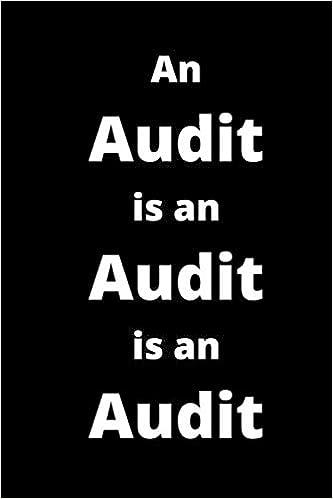Answered step by step
Verified Expert Solution
Question
1 Approved Answer
Come-On-In Manufacturing produces two types of entry doors: Deluxe and Standard. The assignment basis for support costs has been direct labor dollars. For 2010, Come-On-In

Step by Step Solution
There are 3 Steps involved in it
Step: 1

Get Instant Access to Expert-Tailored Solutions
See step-by-step solutions with expert insights and AI powered tools for academic success
Step: 2

Step: 3

Ace Your Homework with AI
Get the answers you need in no time with our AI-driven, step-by-step assistance
Get Started


